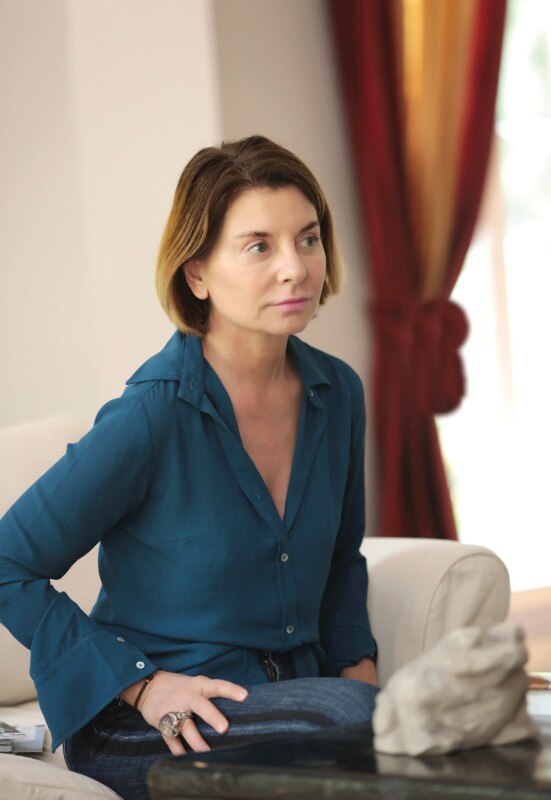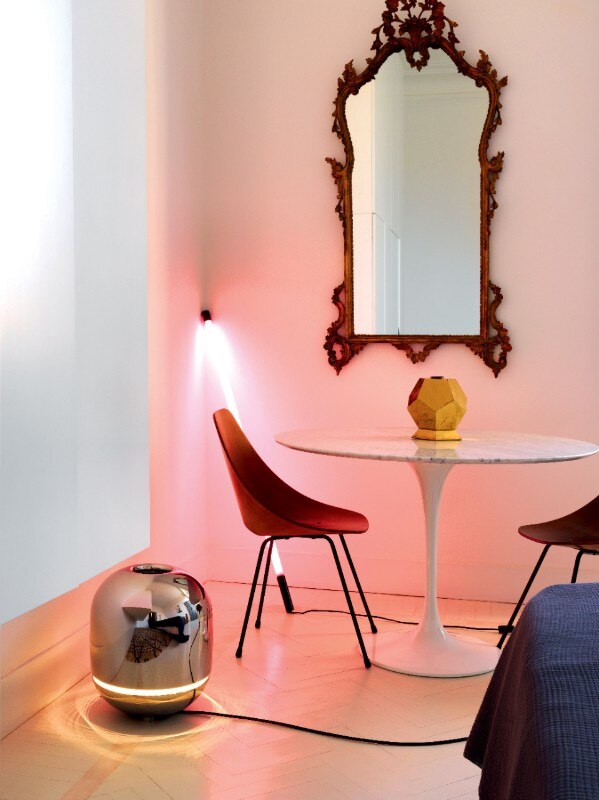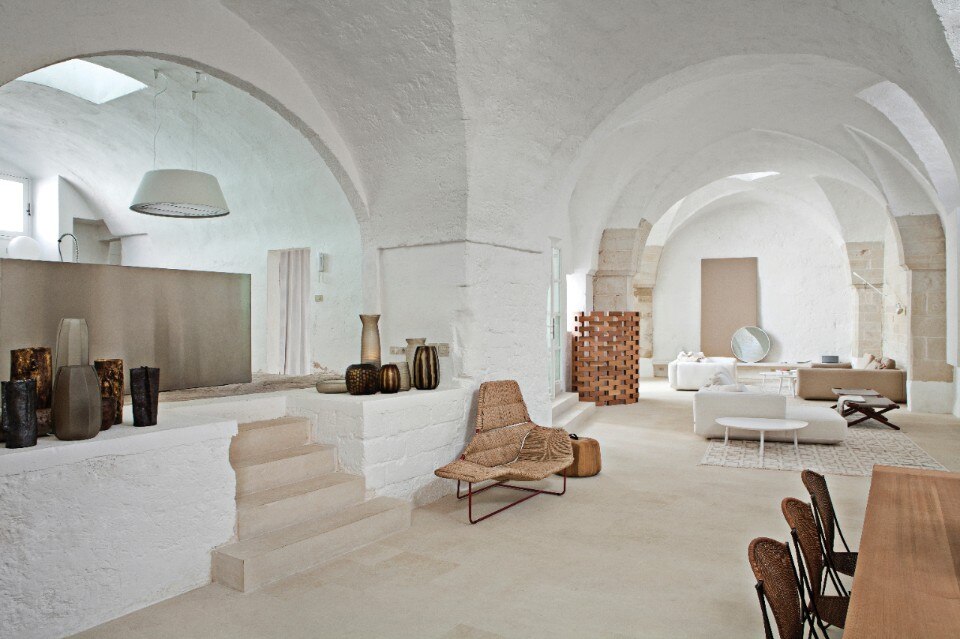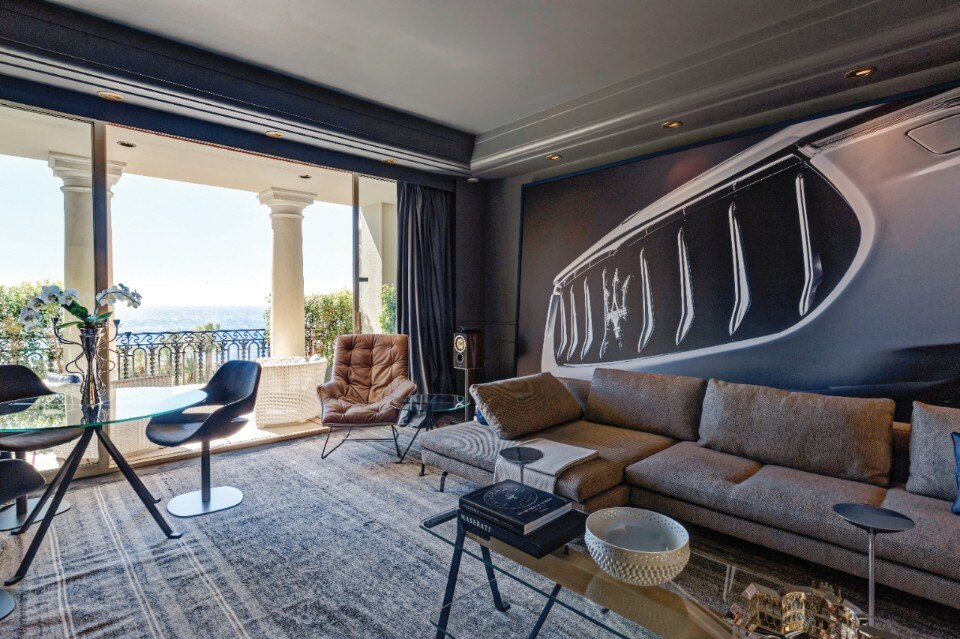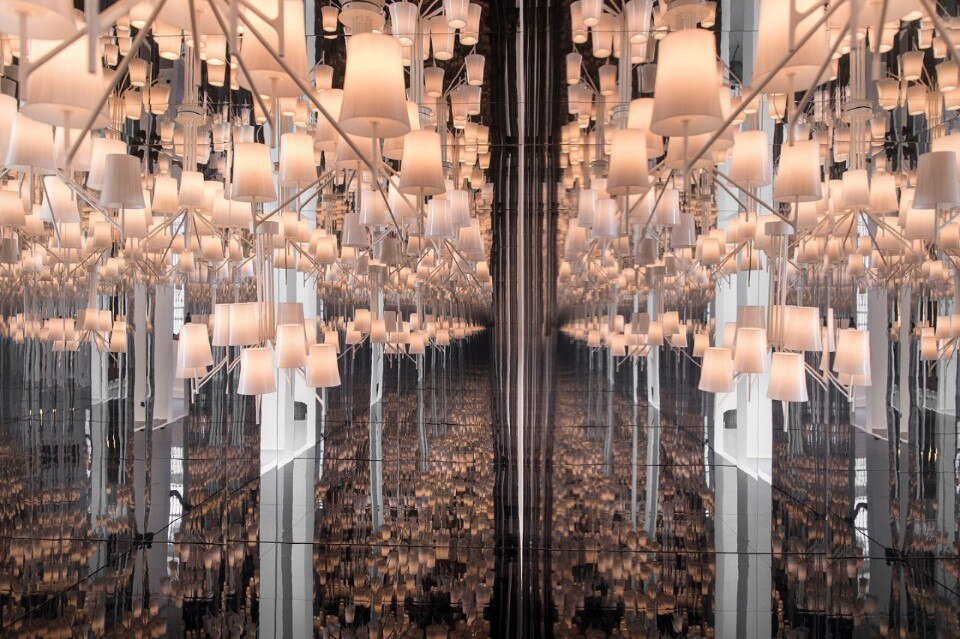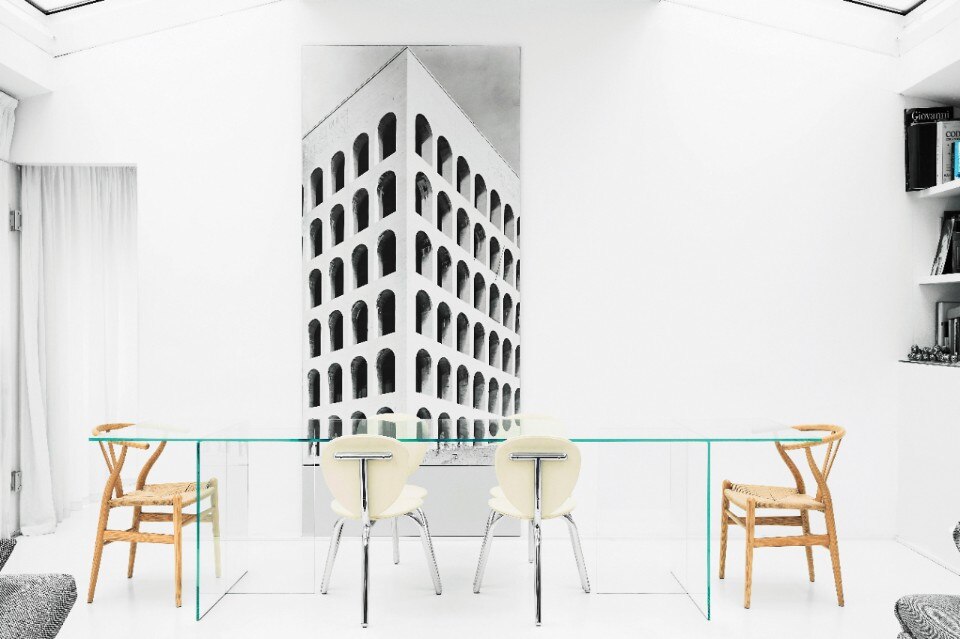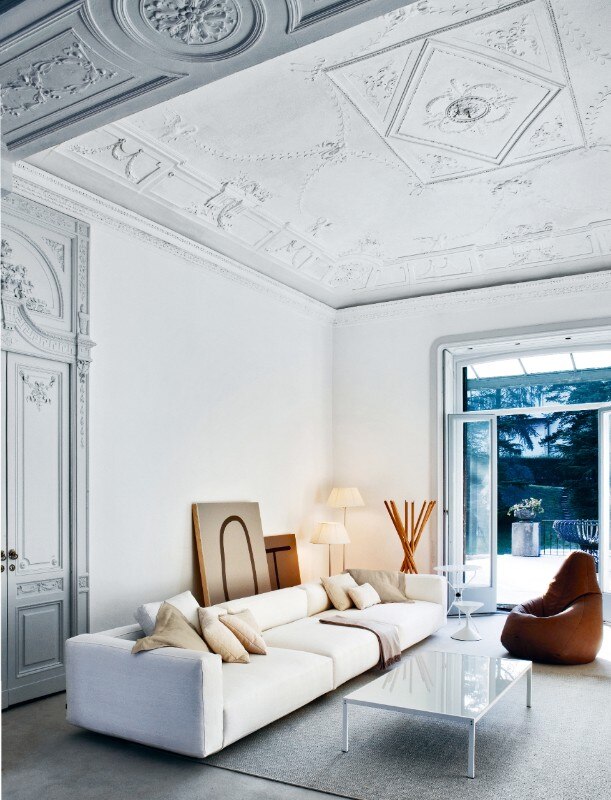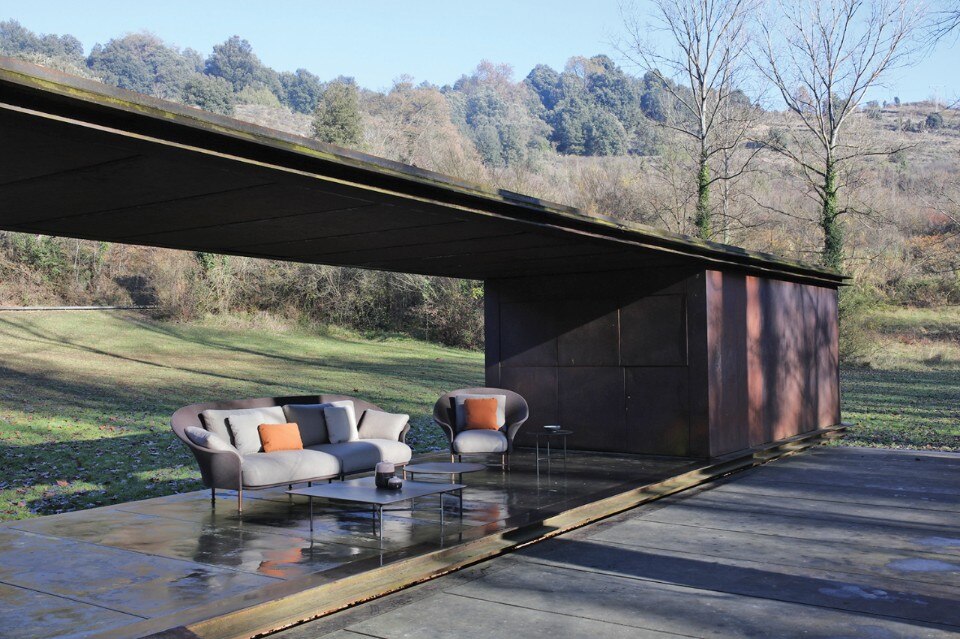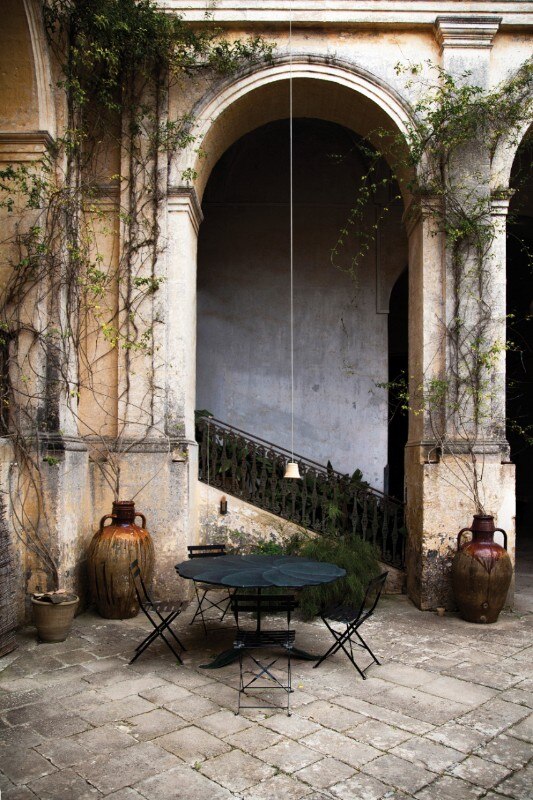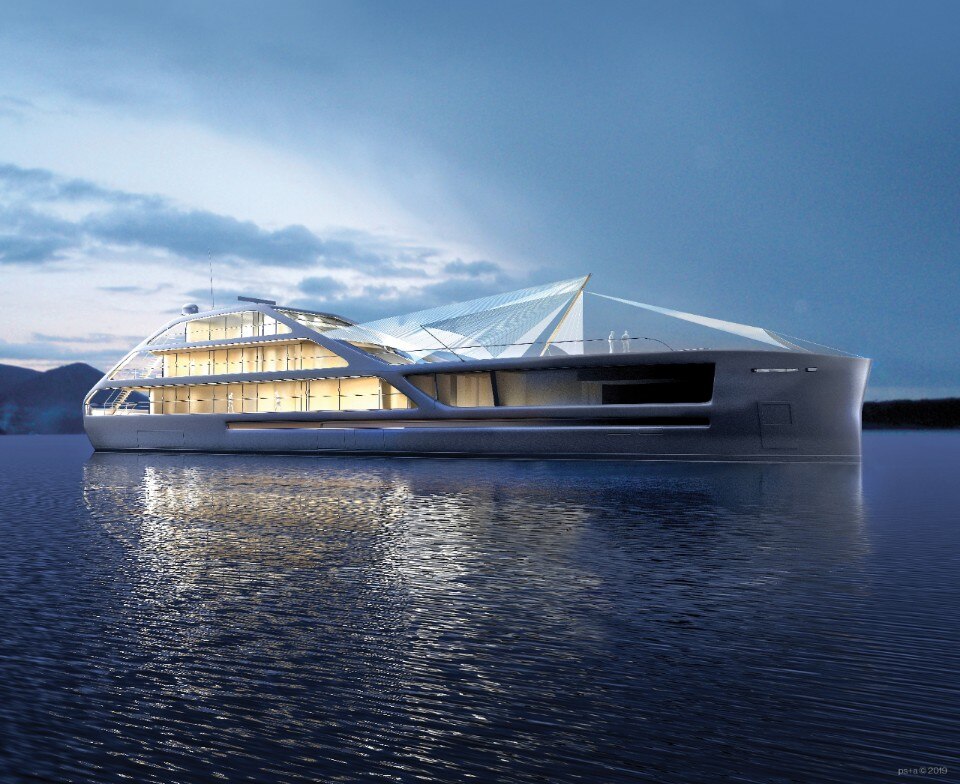Your visit to Sri Lanka is part of The Italian Design Day initiative. Can you elaborate on this?
The Italian design day is an annual global initiative launched by the Italian Ministry of Foreign and it is the first time that is has been brought to Sri Lanka.
We are very fortunate in Italy because we have a great scope for creativity. Creativity is like a cake, which is made with a combination of ingredients. These ingredients are mixed together and baked to create the cake. Once its cut, you cannot see the various components separately, everything is mixed.
When you speak about Italian design day, it’s similar to the cake. Italians are great dreamers and also doers. Creativity is excellent resource for any country. If there is no creativity, there is no economy; there would be no fun in life nor emotion. Therefore, we are incredibly fortunate to have such creativity in Italy, and we want to share our knowledge and experiences with the rest of the world.
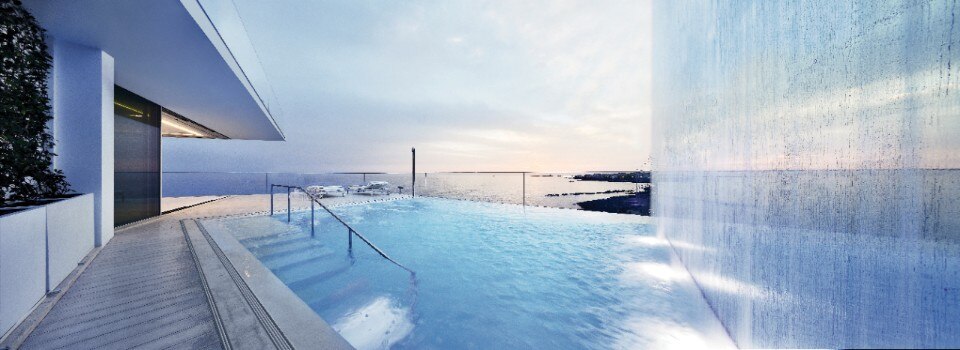
You have over 25 years’ experience designing products, creating statement homes and also iconic buildings. What can you tell us about your creative process?
Palomba Serafini Associati, which is my architectural firm, was founded in 1994 in Milan, and we do many things. As a firm, we do the complete solution; we design, build and then look at the interior of the space as well as the lighting. We study the function of the building and how the occupants are going to utilize the space.
I like the idea of dimensions and scale. We have designed shopping malls, museums, private homes, mega yachts, furniture, interiors and much more. We follow the same approach and vision for all projects.
We bring together the contemporary vision and needs of society with extensive knowledge together with the heritage of the design, which produces a blend of the past and future. This approach, which is unique and personal helps us identify the exact requirements as well as being sensitive to the issues of function, so that we may create timeless designs and products.
Creativity is the emotion in the function. The function has to be perfect. It is the same in the architecture, and this aspect is vital for me…All projects are tailor-made to suit that client.
In Italy, historic buildings are restored, and people are using them. These are living structures. But in Sri Lanka, there are several restrictions placed on renovating historical buildings. What lessons can we learn from Italy?
…Keeping the history of the land is essential. It provides the opportunity to create within the economy. If you look around the world, there are many ‘new architecture’. We are building a lot. When I do restorations, I introduce modernity so along with the historical building, the two structures can cohabit.
It is a balance between the past and the present. This defines the uniqueness of the location and that brings in tourism and economic activity. It is important to maintain the culture of the place.
What are your thoughts on Sri Lankan architecture?
…During my stay, I visited some historical buildings, Geoffrey Bawa’s house, the Parliament and Mount Lavinia Hotel to witness the cityscape of Colombo. I love it here because it is not so neat and restricted within a box. There is nature everywhere, buildings are placed in an unstructured way, the impact was something similar to confusion but in a positive way in a bustling city.
I feel that when everything is too neat, then the place is dead or has no emotion. I have to come back repeatedly because I really enjoy being in Sri Lanka and I would have more insights on its emotions, architecture, and landscape.
One of the main things that I like about Sri Lanka is the gentleness in people’s eyes. It brings value to humanity.
What is your advice to aspiring architects who want to make a difference in this world?
My advice to everyone is that they must first study in their own country. Do your degree, go abroad and do your Masters and gain work experience for about five years. And come back to your country. This allows you to have your own values as well as practice international knowledge from the exposure gained from abroad.


